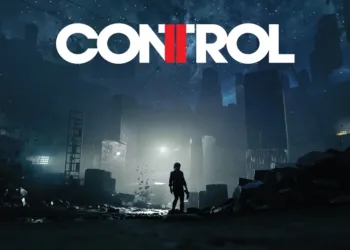Electronic Arts is reportedly closing in on a massive $50 billion deal to go private, making it the largest leveraged buyout in history. EA shares closed up 15% on Friday following the Wall Street Journal report, with the gaming giant potentially leaving the stock market after decades as a public company.
Table of Contents

EA Buyout Deal Breakdown
| Detail | Information |
|---|---|
| Deal Value | $50 billion |
| Deal Type | Leveraged buyout (largest ever) |
| Key Investors | Silver Lake, Saudi PIF, Affinity Partners |
| Stock Impact | 15% surge on Friday |
| Timeline | Announcement possible next week |
| Transaction Status | Near completion |
Who’s Behind the Buyout
The potential transaction involves a consortium including private equity firm Silver Lake, Saudi Arabia’s Public Investment Fund (PIF), and Jared Kushner’s Affinity Partners, according to reports. The rumored buyers of EA include investors like Silver Lake and Saudi Arabia’s Public Investment Fund, representing a mix of American private equity and sovereign wealth fund backing.
What This Means for Gamers
Electronic Arts (EA), the powerhouse behind some of our most beloved gaming franchises, is officially going private in what’s being called the largest leveraged buyout in history. For players of FIFA, The Sims, Battlefield, and other EA franchises, key questions include:
- Game pricing strategies under private ownership
- Long-term franchise development without quarterly earnings pressure
- Innovation focus freed from Wall Street expectations
- Acquisition opportunities for smaller studios

Historic Gaming Deal
The possible deal would mark the largest ever leveraged buyout in history, dwarfing previous gaming industry acquisitions. This surpasses Microsoft’s $68.7 billion Activision Blizzard purchase and signals massive private capital interest in gaming assets.
Market Implications
The buyout reflects several gaming industry trends:
- Private equity confidence in gaming’s long-term growth
- Premium valuations for established gaming publishers
- Strategic flexibility away from public market pressures
- Consolidation wave continuing across entertainment sectors
Going private would allow EA to:
- Invest long-term in game development without quarterly pressure
- Take bigger creative risks with new IP and franchises
- Focus on player experience over short-term financial metrics

Publicly traded video game giant Electronic Arts is closing in on a nearly $50 billion deal to become a privately held company, potentially reshaping how one of gaming’s biggest publishers operates.
For more gaming industry news and analysis, visit our gaming business coverage on TechnoSports.
FAQs
Will EA games become more expensive if the buyout happens?
Private ownership could mean less pressure for aggressive monetization, though pricing depends on new ownership strategy.
When will the EA buyout deal be officially announced?
Reports suggest an announcement could come as early as next week if negotiations conclude successfully.







